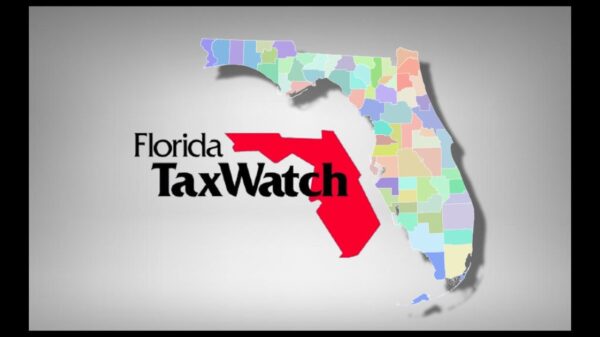In late 2022, President Biden’s Inflation Reduction Act (IRA) passed by congress, allocated $80 billion in new funding to boost hiring over 87,000 new agents by the IRS to audit taxpayers the administration claimed, “weren’t paying their fair share.”
Now, a new report by Demian Brady, VP of Research for the National Taxpayers Union Foundation (NTUF) shows the IRS is struggling to hire qualified applicants.
“It’s yet another example of how the IRS’s budget boost was hastily implemented, poorly designed, and dangerous for taxpayers. It seems that the IRS may not be able to dramatically expand their army of auditors after all,” said Brady.
Brady’s latest finding shows the hiring challenge for the IRS is exacerbated by the IRS’s high rate of attrition. Things have been so slow that the agency has been given “expedited hiring authority” to provide more flexibility in filling positions. “It is taking longer to fill an IRS position than the average for the federal government,’ says Brady.
House Republicans have prioritized cutting the new 87,000 “hires,” while Democrats argue that cuts to IRS enforcement funding would negatively impact the deficit because fewer enforcement funds would undermine the government’s ability to bring in more revenue.
But Biden administration numbers don’t seem to mesh. Brady points out the Congressional Budget Office (CBO) initially estimated that the funding boost would enable the IRS to collect $204 billion in added revenues, though this projection was reduced to $180 billion after Treasury Secretary Janet Yellen directed that the IRA funding should not be used to increase audits on taxpayers earning less than $400,000, relative to historical levels. But even as CBO’s estimates became more bearish, the IRS claimed last month that the funding and staffing surge would generate $560 billion more.
NTUF says major reforms are needed for the IRS, including improving customer service and modernizing the agency’s infrastructure, congressional oversight, and strong taxpayer rights, including privacy protections.
Brady’s conclusion is that things could get worse for the taxpayer. “The ambitious enforcement hiring goals outlined in the IRS’s budget boost appear unrealistic, and this casts doubt on the agency’s ability to rake in the additional tax receipts the administration had counted on. This raises the worrisome prospect that the IRS’s audit net will sweep up middle-income earners, continuing a trend from 2023 when 63 percent of new audits were aimed at those earning less than $200,000 a year,” said Brady.




















